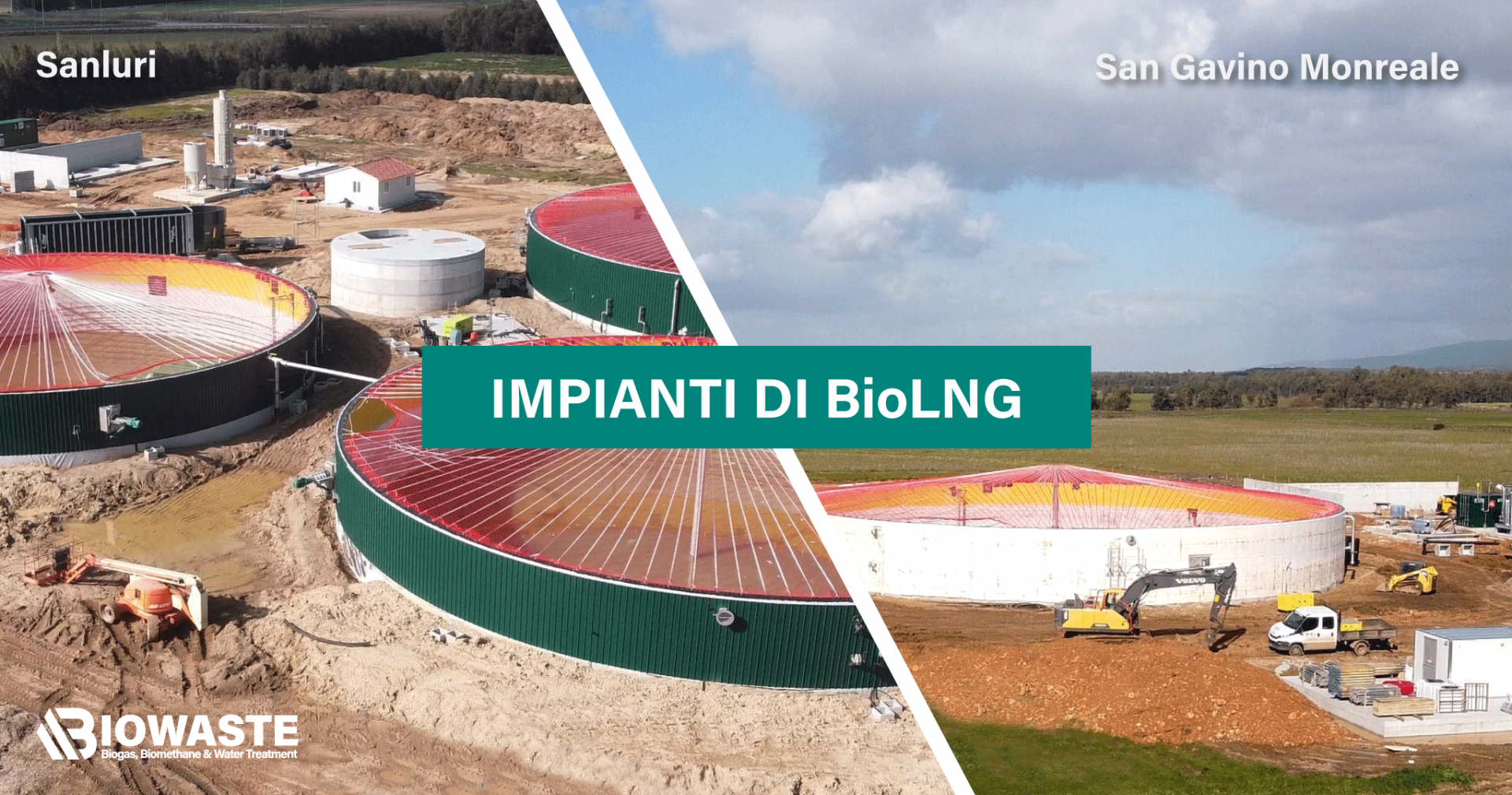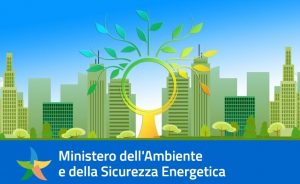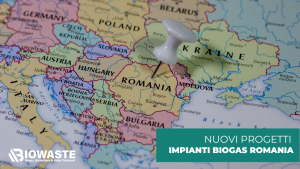The energy crisis is one of the main challenges the world is facing today.
The depletion of fossil fuels, increasing demand, geopolitical instability and the pandemic, which has restricted world trade, disrupting logistics and supply networks, are just some of the aspects that have made the urgent need to find alternative sources of energy that are sustainable and #renewable even more evident.
However, in a scenario in which global warming dominates, here is where the emergency stands as a catalyst for progress: just as the 1979 energy crisis boosted energy efficiency processes and the development of wind and solar technologies, the current crisis is stimulating the use of renewable and low-emission energy sources.
Feedback in these terms we already have it from the Italian Ministry of the Environment and Energy Security, which in January 2023 issued the new decree regulating access to incentives on biomethane fed into the grid. With the allocation of the subsidies, it is estimated to promote a production capacity of around 2 billion cubic metres per year by 2024.
Biomethane production plants are in fact a virtuous example of sustainability and circular economy, capable of contributing significantly to ecological transition and to the achievement not only of energy independence of our country, but also to the objectives sanctioned by Europe with the #FitFor55% package.In fact, biomethane production plants represent a virtuous example of sustainability and circular economy, capable of significantly contributing to the ecological transition and to the achievement not only of our country’s energy independence, but also of the objectives sanctioned by Europe with the FitFor55% package.
Biowaste is involved in several projects for the production of advanced BioLNG (liquefied biomethane), in which it plays the double role of EPC contractor and investor. Currently, the company is involved in the Sardinian territory for the construction of three plants, with a total value of EUR 40 million: Bilori, in Sanluri (SU), Biopardu, in Sangavino Monreale (SU) and Biomatta, in Pabillonis (SU). For the first two, which are nearing completion, start-up is expected by this spring; the third is in the construction phase and is expected to produce the first kg of liquid gas by 2023.
Biowaste is investing significant resources to ensure respect for the entire local agricultural supply chain, from feasibility studies to construction and commissioning. Once completed, each plant will be able to treat livestock manure and agricultural by-products with an annual production capacity of advanced biomethane of 3.5 million Smc.
A biomethane plant is planned in Apulia. The Biodaunia plant, located in Foggia, with a production capacity of 500 Smc/h, will be able to treat and valorise both liquid and solid organic matrices. Biowaste, as EPC, thanks to dedicated and automated loading systems and technologies is able to guarantee maximum uptime and minimise plant downtime.
For a cleaner tomorrow, it is therefore necessary to be able to seize today’s opportunities: Biowaste, a subsidiary of @RenoveGroup, provides support and technical assistance with regard to the application procedures necessary to obtain incentives for the construction of new biomethane plants in compliance with the latest legislative provisions.
The first step towards carbon neutrality is to rely on the experts in the sector, who are able to identify tailor-made solutions suitable for your needs thanks to their consolidated know-how. For more information, you can request a consultation at https://biowaste.it/contatti/.






